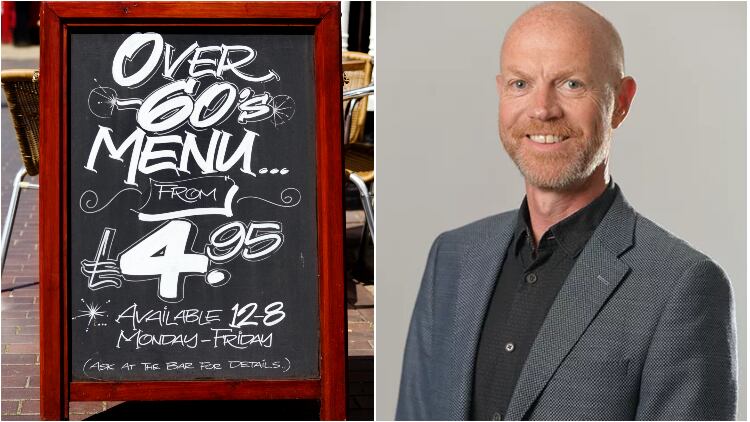The highway, as it is called, is their land, not yours, and you cannot use it without their approval. In fact, the placing of tables and chairs on the highway is a criminal offence under S137 of the Highways Act 1980. Having your piece of paper issued by the local authority is a defence to that charge.
Your piece of paper is therefore very important. What it is actually called is another matter entirely. Firstly, it might have been issued under a variety of different Acts of Parliament, the Highways Act 1980 or the Business & Planning Act 2020, for example. It may be called a pavement café licence, a street café licence, a pavement licence, a tables and chairs permit, a “fast track” or even a shop front trading licence. You may have had to apply for planning and, particularly in London, for a street trading licence as well as your pavement licence.
The legislation and the nomenclature for what is simply the right to have some street furniture on the highway is bewildering.
As indeed can be the fees charged. Some councils charge a nominal amount for the use of the highway, others several thousand pounds per year. The simple fact is that being able to use the highway is hugely attractive as a means of boosting trade and the licence fees pale by comparison with the sort of rent per square foot you might expect to fork out if you were paying a commercial landlord for the same footprint – certainly in the major cities.
Retirement due
The legal picture is confusing but is soon hopefully going to be made less so. The old Highways Act licence/permit, which was used pretty much exclusively up until the pandemic to grant authorisations for the use of the highway is due to be retired, so far as pavement licensing goes, by provisions in the Levelling Up & Regeneration Bill, currently making its way through the Houses of Parliament.
You will remember that in July 2020, at the height of the pandemic, the Government introduced emergency legislation that included measures designed to make it easier for premises to use their outside areas.
Most notable of these were fast-track pavement licences and the automatic permission for off-sales of alcohol. The consultation period for a so called “fast-track” pavement licence was seven days with a seven-day determination period (much quicker than most Highways Act applications), and the fee was a fixed £100.
They were very successful and the Government therefore extended the regime from one that was due to expire at the end of September 2021 by another year, and yet another year, so that at the moment the regime will come to an end on 30 September 2023.
The Levelling Up bill seeks to make that temporary regime permanent, so we do not have to worry about further annual extensions by the Government. The only major differences for licensed businesses are that the original £100 standard fee for a pavement licence will increase to £500 for a new licence and £350 for a renewal, and that the consultation and determination periods will be increased from 7 days to 14 days respectively (in effect a 28-day consultation and determination period).
Minimal opposition
Opposition to these measures in the Levelling Up bill is minimal, to say the least. The bill has already passed through all relevant stages in the House of Commons and is well on its way through the House of Lords. I would imagine the Government wants the relevant sections to come into force to avoid the need to extend the existing Business & Planning Act regime for yet another year.
So, we may hope to see a permanent regime based upon the Business & Planning Act (Fast Track) Pavement Licence model commence from summer of this year, although nothing of course is set in stone.
Another provision of the Levelling Up bill is that once it does come into force, the provisions of the Highways Act 1980 that relate to the licensing of the highway will be repealed. In other words, you simply won’t be able to make a “tables and chairs/Highways Act” application for use of the highway and neither will a local authority be permitted to demand that you do so. That part of the Highways Act simply won’t be applicable anymore. All roads will lead to the Business & Planning Act/Levelling Up bill pavement licence. At least there will be clarity then.
If you have a renewal of your current authorisation to use the highway coming up, my general advice is to renew it. We do not know quite what the future holds but licences/permits issued under the Highways Act 1980 will continue to remain valid even once the new regime comes into force but, at the end of their term, will expire and a new licence will have to be applied for under the Business & Planning Act/Levelling Up regime.
It will be important therefore to get those renewal or new licence applications in, given the 28-day consultation/determination period, well before your existing licence expires.
• Andy Grimsey is an associate solicitor at Poppleston Allen




